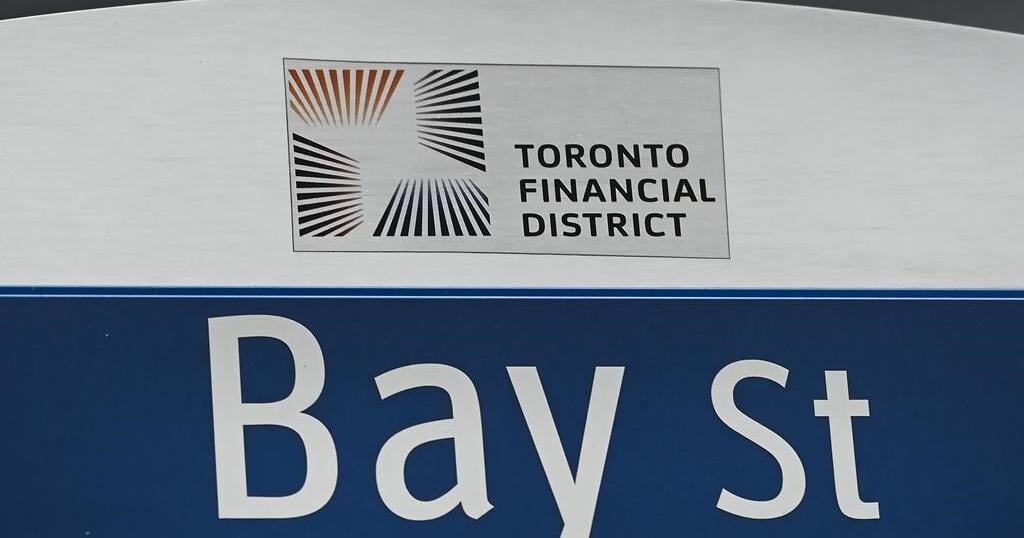Canada’s biggest banks will be required to set aside more money to cover possible losses as the country’s banking watchdog points to growing fears of an economic downturn.

The Office of the Superintendent of Financial Institutions (OSFI), which regulates Canada’s biggest lenders, announced Tuesday it would raise the domestic stability buffer (DSB) to 3.5 per cent, up from 3.0 per cent. The change will take effect Nov. 1, 2023.
This marks the buffer’s highest level since its inception in June 2018.
The DSB dictates how much of a bank’s reserve funds must be set aside to cover possible losses; OSFI describes it as a “rainy-day fund” in documents on its website. It applies to Canada’s six biggest banks.
OSFI head Peter Routledge said in a press conference Tuesday morning that “financial system vulnerabilities remain elevated and in some cases have continued to increase.”
“OSFI is buying more insurance for financial stability,” he said.
The DSB is one part of an overall capital requirement that big banks must hold at all times. With the DSB hike on Tuesday, the minimum amount banks must have on-hand will rise to 11.5 per cent of their total assets; OSFI says that as of April 30, banks’ actual levels were 13.1 per cent.
Canada’s biggest banks have moved in lockstep to increase their loan loss provisions in recent quarters ahead of expected economic turbulence.
Tuesday’s decision marks the second consecutive increase to the key buffer, which also rose by 50 basis points at OSFI’s December 2022 announcement.
OSFI flagged a number of risks to the financial system tied to a worsening economic outlook and the impact of higher interest rates from the Bank of Canada.
Households and businesses alike are “more vulnerable to economic shocks” amid high debt levels, Routledge said.
He added that economic strength so far this year in Canada, alongside solid bank earnings and signs of a rebound in the housing market, make this an “opportune time” to raise capital requirements for big banks.
“Our decision on the DSB reflects the fact that the industry is profitable, sound, generating ample capital through earnings and therefore the cost of buying a little extra insurance for a downturn more severe than folks expect is pretty inexpensive,” he told reporters on Tuesday.
OSFI sets the DSB rate twice annually in June and December, but reserves the right to change the buffer at any point in the year as needed.
In April, OSFI laid out what it saw as the biggest risks to Canada’s financial system, including a pronounced downturn in the housing market and a liquidity shortfall in the Canadian market amid rising interest rates.
If any of the substantial risks materialized, OSFI says it would quickly lower the DSB, allowing banks to deploy that capital as needed to maintain financial stability.
Routledge said the regulator would be considering factors such as loan delinquencies and the broader economic outlook, as well as conversations with lenders themselves, in deciding where to take the DSB next.

























